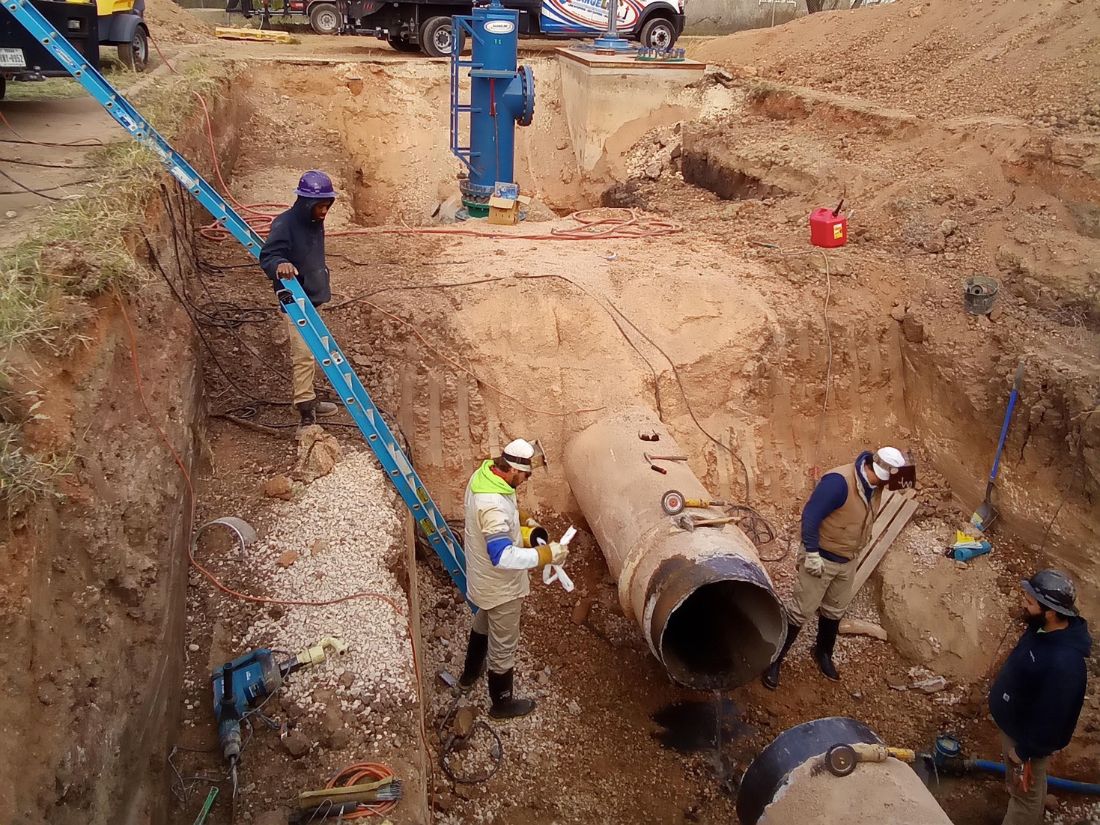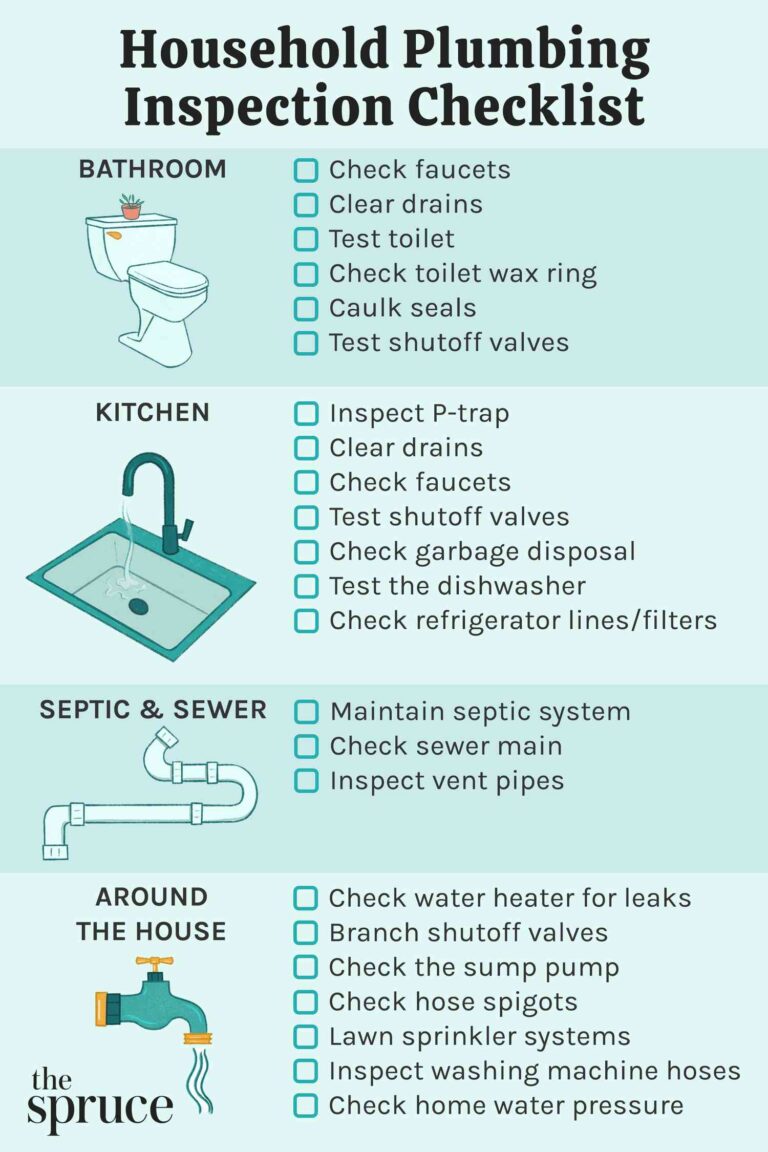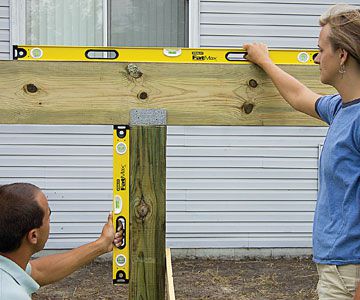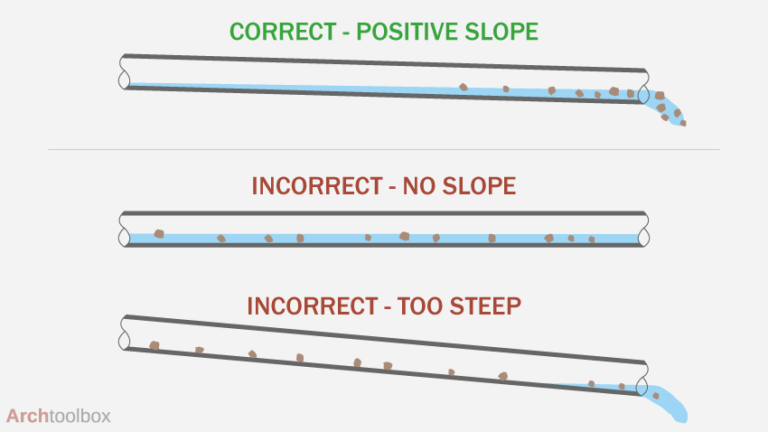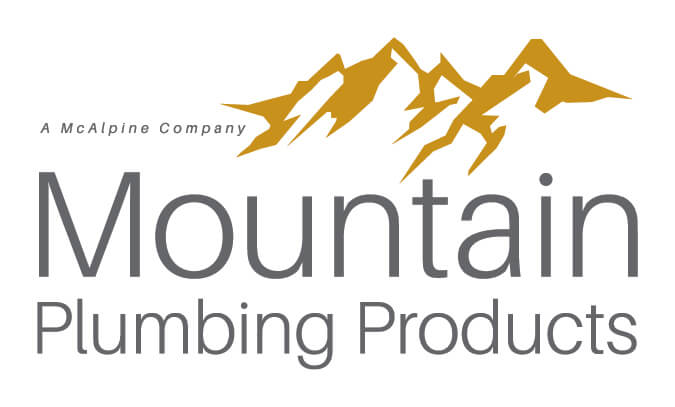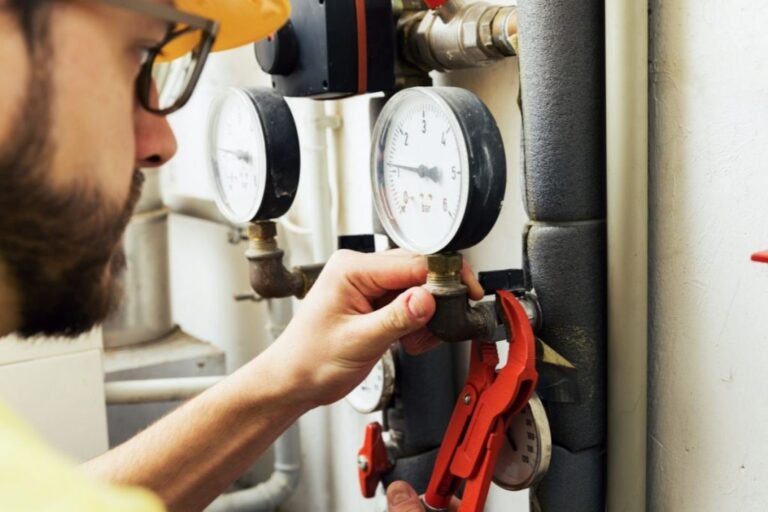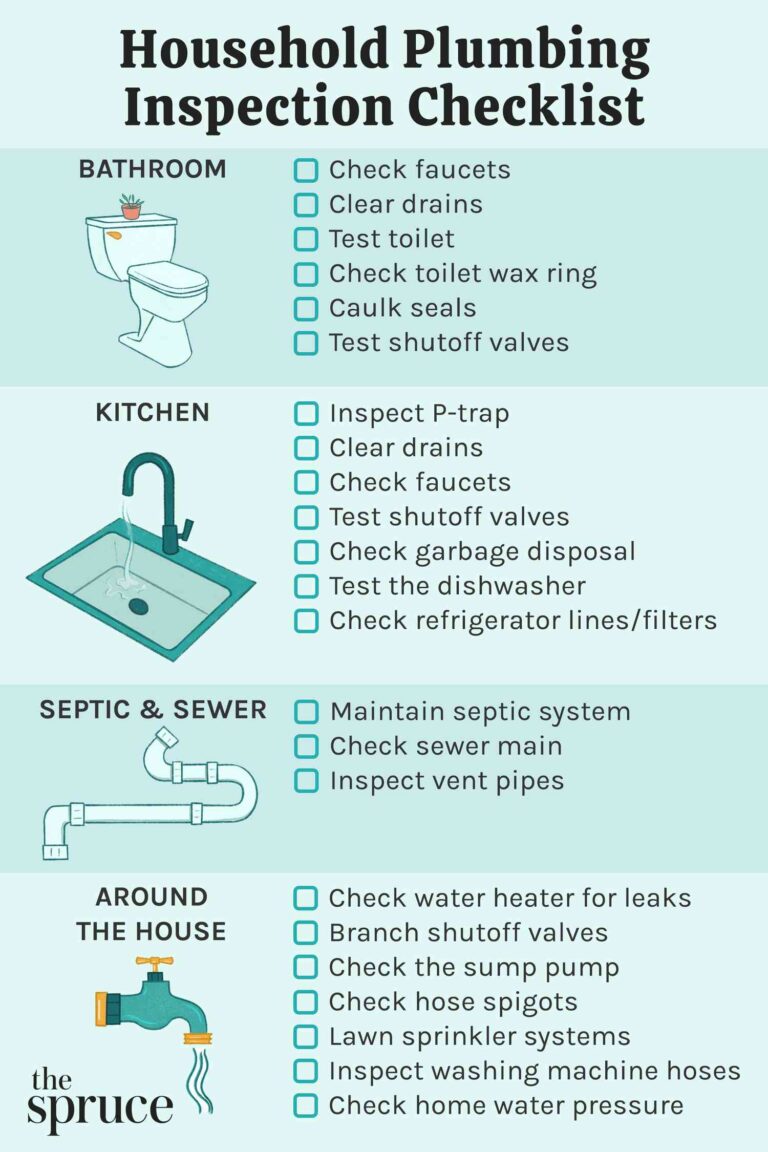What Is Pipe Maintenance?
Pipe maintenance is the practice of ensuring the efficient operation of a piping system and its components. It involves various inspection, cleaning, and repair techniques to ensure that the pipes are functioning properly and not leaking or causing any other issues. Pipe maintenance is an important part of any building’s infrastructure and is necessary to ensure that the pipes are working correctly in order to provide a safe and reliable water supply. Pipe maintenance can help reduce the risk of water contamination and other costly repairs.
Overview of Pipe Maintenance
Pipe maintenance is an essential part of any plumbing system. It involves the inspection, cleaning, repair and replacement of pipes, fittings, valves and other components in order to ensure that they remain in good working condition. Without regular maintenance, pipes can become blocked or corroded, leading to costly repairs or even a complete replacement. Pipe maintenance should be done regularly in order to prevent major problems and ensure that the system is operating at its best.
The first step in pipe maintenance is an inspection. A qualified plumber should be able to identify any potential issues that could lead to a breakdown or malfunction. The inspection should include checking for corrosion, blockages, leaks, and any other damage that could affect the functionality of the system. After the inspection is complete, the plumber can then advise on the best course of action to take.
The next step is cleaning. This involves using specially designed tools to remove any dirt, debris, grime, or other contaminants that may have built up over time. This is important because dirt and debris can lead to clogs and blockages, reducing the efficiency of the system. Additionally, dirt and debris can cause corrosion and other damage that can lead to major repairs or replacements.
The final step is repair and/or replacement. If the inspection reveals that repairs are necessary, the plumber can then make the necessary repairs or replacements. This could involve replacing worn out pipes, fittings, valves, and other components. Pipe maintenance should be done regularly in order to ensure that the system is operating at its best and to prevent major problems from occurring.
Overall, pipe maintenance is an important part of any plumbing system. Regular maintenance can help to ensure that the system is functioning properly and that it is not being damaged by dirt and debris. By following the steps outlined above, you can ensure that your plumbing system remains in good working order for years to come.
Causes of Pipe Damage and Deterioration
Pipes are essential components of many industrial and residential facilities. They transport water, waste, and other materials, and they are highly susceptible to wear and tear over time. To ensure that pipes last as long as possible and remain in good condition, regular maintenance is essential. Understanding what causes pipe damage and deterioration can help facility managers and homeowners alike plan for effective maintenance.
One of the most common causes of pipe damage is corrosion. Corrosion is a chemical process that occurs when certain metals and materials come into contact with oxygen and water, or when these substances come into contact with other substances that cause them to corrode. Corrosion can lead to cracking, leaking, or even pipe failure, so it’s important to periodically inspect pipes for signs of corrosion and to take steps to reduce the risk of corrosion.
Other common causes of pipe damage include physical damage, such as due to excavation, vibration, or impacts from outside sources. In addition, pipe deterioration can occur due to age-related wear and tear, and improper installation or maintenance can also lead to problems. In some cases, pipe damage can be prevented by conducting regular inspections, using protective coatings, and ensuring that pipes are not overloaded.
In conclusion, pipe damage and deterioration can occur due to a variety of causes, including corrosion, physical damage, age-related wear and tear, and improper installation or maintenance. Understanding the underlying causes of pipe damage can help facility managers and homeowners plan for effective maintenance and ensure that their pipes last as long as possible.
Benefits of Proper Pipe Maintenance
Pipe maintenance is an essential part of any home or business owner’s property maintenance routine. Proper pipe maintenance ensures the safe and reliable operation of your plumbing, preventing costly repairs and ensuring the pipes are working as expected. Pipe maintenance can be as simple as checking for signs of leakage or as complex as inspecting for signs of corrosion. Regularly inspecting and maintaining your pipes can help identify potential problems before they become a larger issue.
One of the most important benefits of pipe maintenance is the prevention of costly repairs. This can save you money in the long run, as most repairs are more costly than preventative maintenance. Additionally, regular maintenance can help extend the life of your pipes and prevent potential future problems. When pipes are well maintained, they are less likely to become clogged or burst due to age or wear and tear.
Another benefit of pipe maintenance is that it can improve the safety of your home or business. When pipes are maintained properly, they are less likely to cause water damage or create hazardous conditions. Proper pipe maintenance can also help prevent the spread of bacteria and viruses in your water supply, as well as help eliminate any underlying odors.
Finally, regular pipe maintenance can help you save money on your water bill. By inspecting your pipes and ensuring there are no leaks, you can reduce the amount of water you use and save money on your monthly utility bill.
Pipe maintenance is an important part of any property owner’s routine, and can provide a number of benefits. From saving money on repairs to improving safety and reducing your water bill, proper pipe maintenance is a great way to protect your property and ensure your pipes are working as expected.
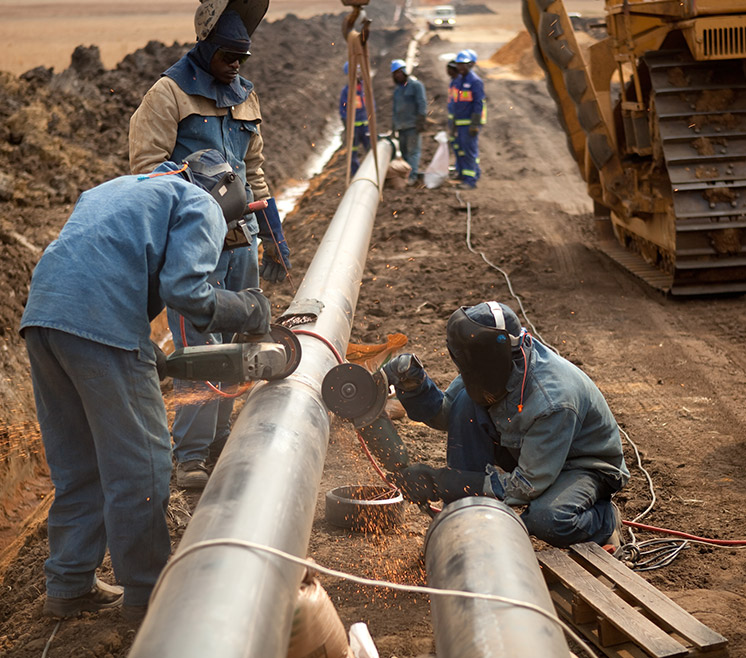
Types of Pipe Maintenance
Pipes are essential for the operation of most facilities, and it is important to maintain them properly. Pipe maintenance involves the examination of pipes for any signs of damage or deterioration as well as the implementation of measures to prevent or address these issues. There are two main types of pipe maintenance: preventive maintenance and corrective maintenance.
Preventive maintenance is the proactive approach to pipe maintenance, where the pipes are regularly inspected and any potential problems are identified and addressed before they become serious. This includes cleaning, replacing, and repairing any pipes that are found to be in need of attention. Preventive maintenance is the most cost-effective approach to pipe maintenance as it reduces the risk of costly repairs and replacements later on.
Corrective maintenance is the reactive approach to pipe maintenance, and involves addressing issues with pipes that have already occurred. This may include repairing or replacing existing pipes, as well as testing and inspecting them for any signs of further damage. Corrective maintenance is important for ensuring the safety of a facility, as it helps to identify any existing issues before they become serious.
Both preventive and corrective maintenance are important for the successful operation of a facility. By combining regular inspections and maintenance, any potential pipe issues can be quickly identified and addressed before they become costly.
Cost of Pipe Maintenance
Pipe maintenance is a critical component of any plumbing system, but it can come with a hefty price tag depending on the type of maintenance you need. Pipe maintenance costs can range from minor repairs to complete replacements, and there are some key factors to consider when determining how much you’ll be spending. What kind of pipes are in place? Are they old, corroded, or damaged? Is the pipe clogged? Or is the problem something more serious, such as a leak or a burst pipe?
Knowing the answers to these questions can help you decide how much pipe maintenance will cost. It’s important to note that the labor costs associated with pipe maintenance can often be more expensive than the materials needed for the job. Professional plumbers have the expertise and tools to quickly identify problems and get them fixed. Depending on the complexity of the job, you may be looking at an hours-long repair process, which will significantly add to the total cost.
It’s also important to consider the long-term cost of pipe maintenance. While an initial repair may be inexpensive, there may be hidden costs that come up in the future if the problem isn’t properly addressed. In some cases, an issue that could have been prevented with proper maintenance may require more extensive work in the future. For example, a clogged pipe may require a more expensive replacement if not taken care of right away.
Overall, pipe maintenance is an important part of keeping a plumbing system functioning properly. While it can be costly, it’s important to factor in the long-term costs and the potential damage that poor maintenance can cause. Investing in quality pipe maintenance now can save you money in the future.
Common Pipe Maintenance Practices
Pipes are a critical component of any plumbing system, and proper maintenance is essential for their longevity and efficiency. Pipe maintenance is the practice of regularly inspecting and servicing pipes to ensure they are safe and functioning properly. This includes cleaning, replacing, and repairing pipes, as well as inspecting for signs of damage and leaks. Common pipe maintenance practices include proper installation and maintenance of pipe seals, regular cleaning of pipes, and checking for signs of corrosion and wear. It is also important to inspect the pipes for any obstructions, such as tree roots, that may be causing blockages. All of these practices help to ensure that pipes remain in good condition and are able to perform as expected.
FAQs About the What Is Pipe Maintenance?
Q: What is pipe maintenance?
A: Pipe maintenance is the process of regularly inspecting, cleaning, and replacing pipes and fittings to ensure the efficient and safe operation of a plumbing system. It is an important part of maintaining a home or business, as it can prevent costly repairs and water damage.
Q: How often should pipe maintenance be done?
A: Generally, it is recommended that pipe maintenance be done at least once a year. However, depending on the location and age of the pipes, more frequent maintenance may be necessary. It is also important to inspect pipes after any major changes or renovations are done.
Q: What should be done during pipe maintenance?
A: During pipe maintenance, a professional plumber can inspect the pipes for signs of corrosion or damage, clean and clear any debris or blockages, and replace any damaged or worn out pipes and fittings. They may also repair any leaks or make any necessary adjustments to ensure the plumbing system remains in good working condition.
Conclusion
Pipe maintenance is an important part of any plumbing system. It involves inspecting and cleaning pipes, as well as replacing old or damaged parts. Regular maintenance can help ensure that your pipes are in good working order and help prevent major plumbing problems. It is important to keep up with regular maintenance to ensure your pipes are functioning properly and to avoid costly repairs or replacements in the future.

